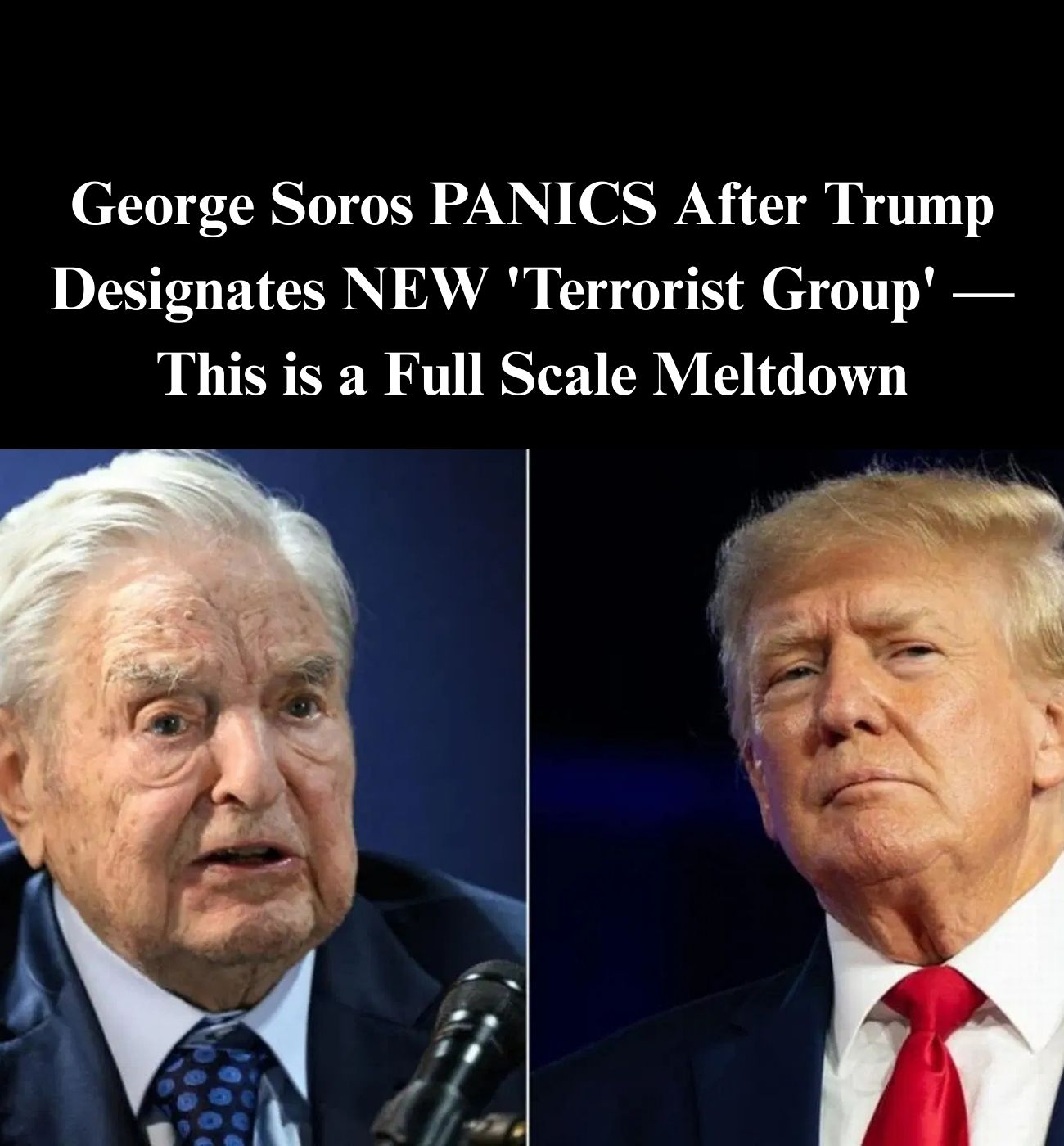Federal investigators are examining whether George Soros’s Open Society Foundations (OSF) may have violated federal law by channeling tens of millions of dollars into organizations linked to extremism and political violence.
A report from the Capital Research Center claims that since 2016, OSF—now overseen by Soros’s son Alexander—has directed more than $80 million to groups described as either openly engaged in domestic terrorism, supportive of terrorist causes, or tied to foreign terrorist organizations.
Researchers argue that the funding represents a systemic pattern rather than isolated mistakes. At least $23 million allegedly went to seven U.S.-based groups accused of engaging in or materially assisting criminal activity that meets the FBI’s definition of domestic terrorism.
These activities include sabotage, property destruction, and coordinated efforts to disrupt public order. Among the recipients were organizations linked to the 2020 riots and to ongoing campaigns such as the “Stop Cop City” protests in Atlanta, where dozens of activists currently face domestic terrorism and racketeering charges.
The report further identifies $18 million in OSF grants to the Movement for Black Lives, a coalition that critics say has published materials glorifying terrorist organizations such as Hamas. Other recipients include the Center for Third World Organizing and the Ruckus Society, which have trained activists in disruptive tactics ranging from mass blockades to property destruction.
Internationally, Open Society is said to have provided more than $2.3 million to Al-Haq, a West Bank NGO long accused of ties to the Popular Front for the Liberation of Palestine (PFLP), which is designated as a foreign terrorist organization by both the United States and the European Union.
In September 2025, the U.S. State Department sanctioned Al-Haq, citing its involvement in campaigns that targeted Israel through the International Criminal Court. Analysts argue that this places Soros’s flagship philanthropy in the position of funding an entity now formally blacklisted by Washington.
The Capital Research Center’s findings raise legal questions about whether OSF’s operations remain compatible with its tax-exempt status. IRS regulations prohibit nonprofits from engaging in or materially supporting criminal activity.
Researchers believe that financial support to groups involved in riots, sabotage, or terrorism could justify revocation of OSF’s charitable designation. Potential consequences may also include congressional investigations, federal prosecutions, and Treasury Department sanctions.
Critics contend that Soros’s grantmaking has fueled radicalization at home and abroad. They point to materials produced by grantees that encourage activists to use false identification, obstruct commerce, and directly confront law enforcement. Supporters of OSF dispute such characterizations, insisting that the foundation’s mission is to advance democracy, human rights, and marginalized communities.
The renewed scrutiny comes as President Donald Trump has escalated his administration’s push to confront political violence. On September 22, Trump signed an order formally designating Antifa a domestic terrorist organization.
The White House said Antifa represents a militarist and anarchist network that uses coercion and violence to achieve political goals, and vowed to investigate not only its operations but also its funding sources. Observers note that OSF’s documented grants could become a focus of these investigations if prosecutors determine that the money directly enabled extremist activity.
The controversy builds on a broader history of Soros’s political influence in the United States. Since the early 2000s, Soros has been among the largest donors to progressive causes, spending billions on issues ranging from immigration to criminal justice reform.
His foundations have supported district attorney candidates who pledged to overhaul traditional prosecutorial practices, fueling debate about whether his philanthropy undermines public safety.
Critics claim these interventions created an environment where violent crime and civil unrest were tolerated under the banner of reform. Supporters counter that Soros has sought to expand democratic participation and protect vulnerable communities from government abuse.
As political violence remains at the forefront of national debate following the assassination of Charlie Kirk, investigators and lawmakers appear intent on tracing the money behind extremist networks.
The future of Open Society—and its place in U.S. civil society—may hinge on whether officials determine its grantmaking crossed the line from philanthropy into material support for terrorism.
